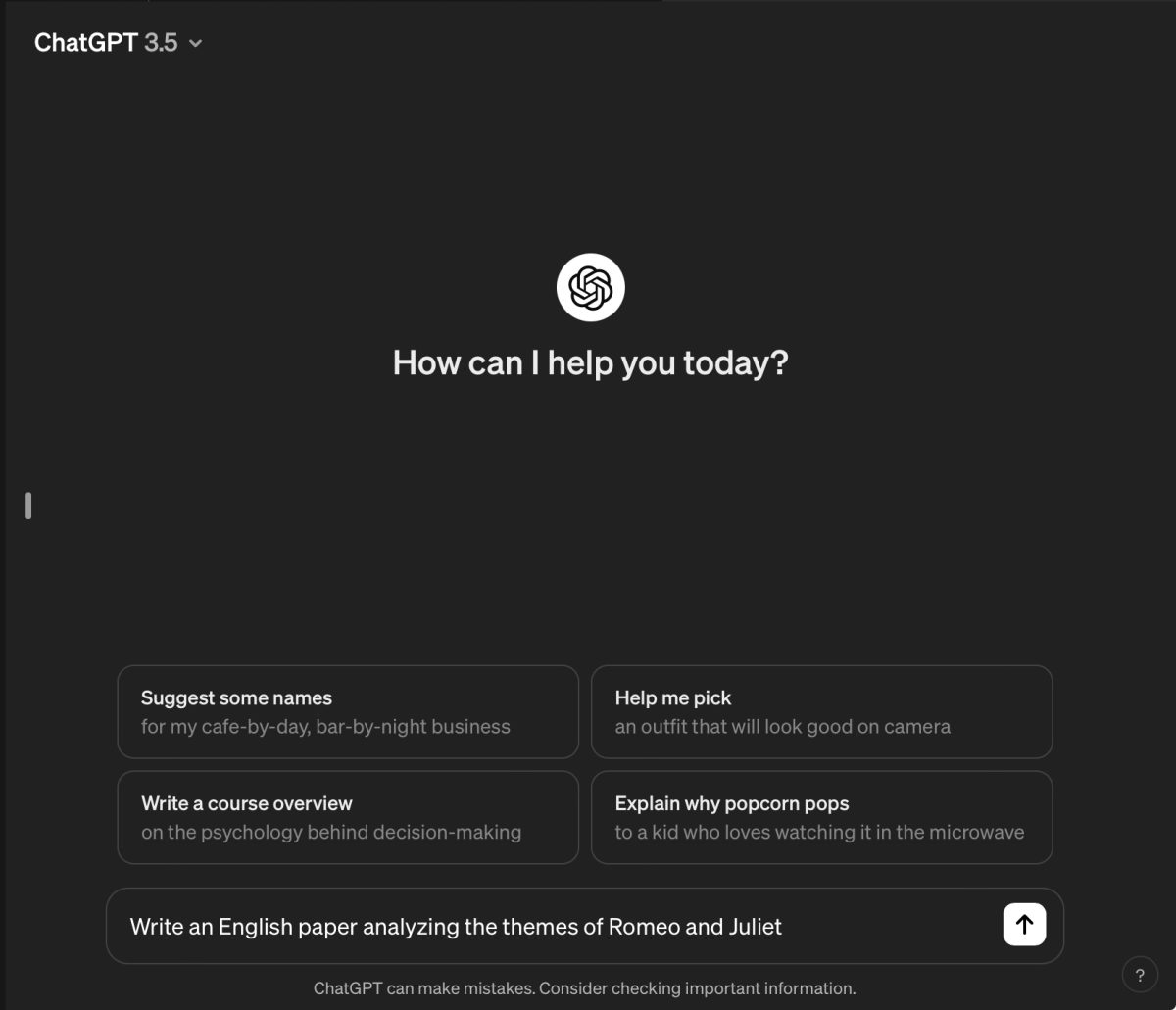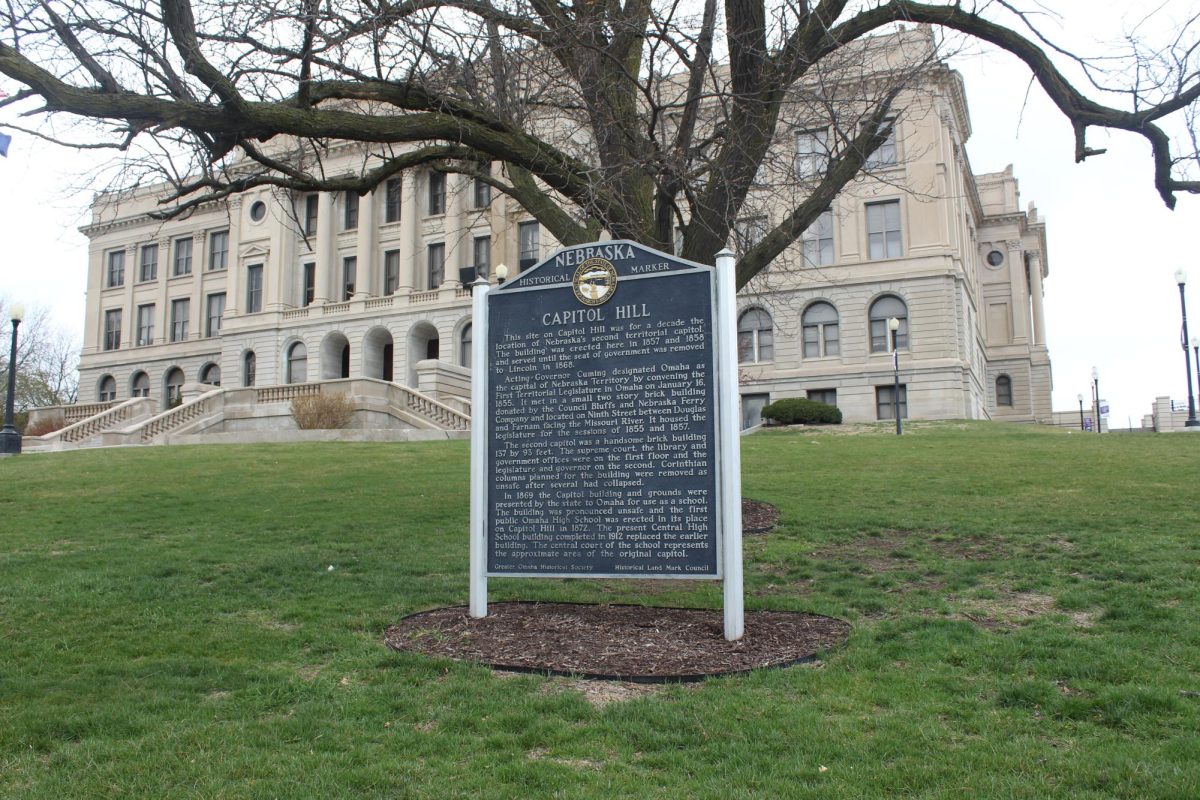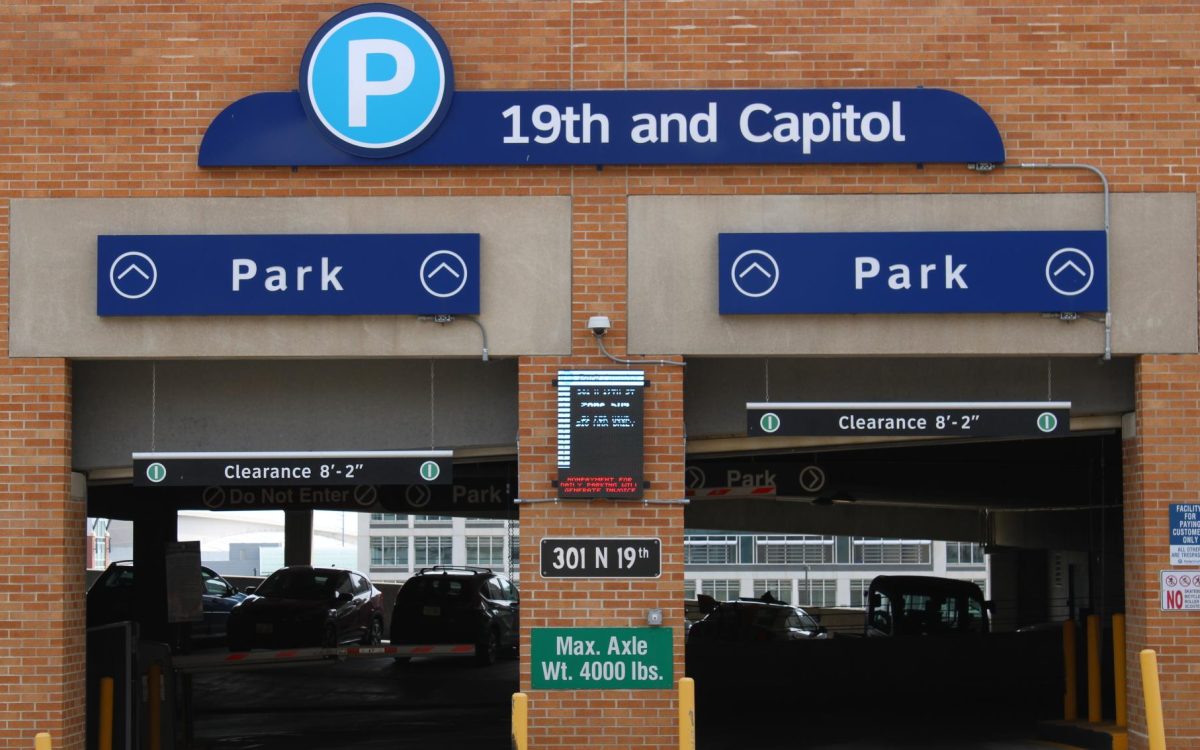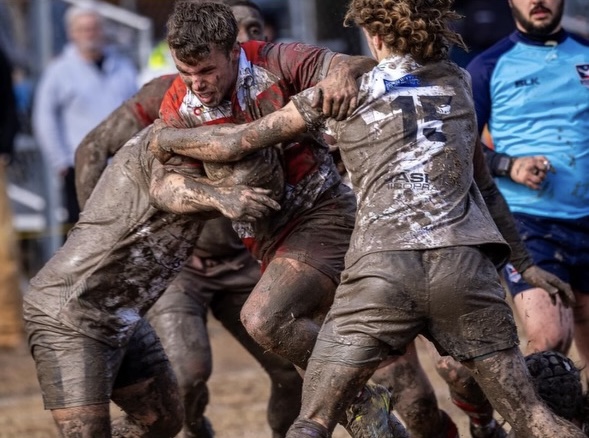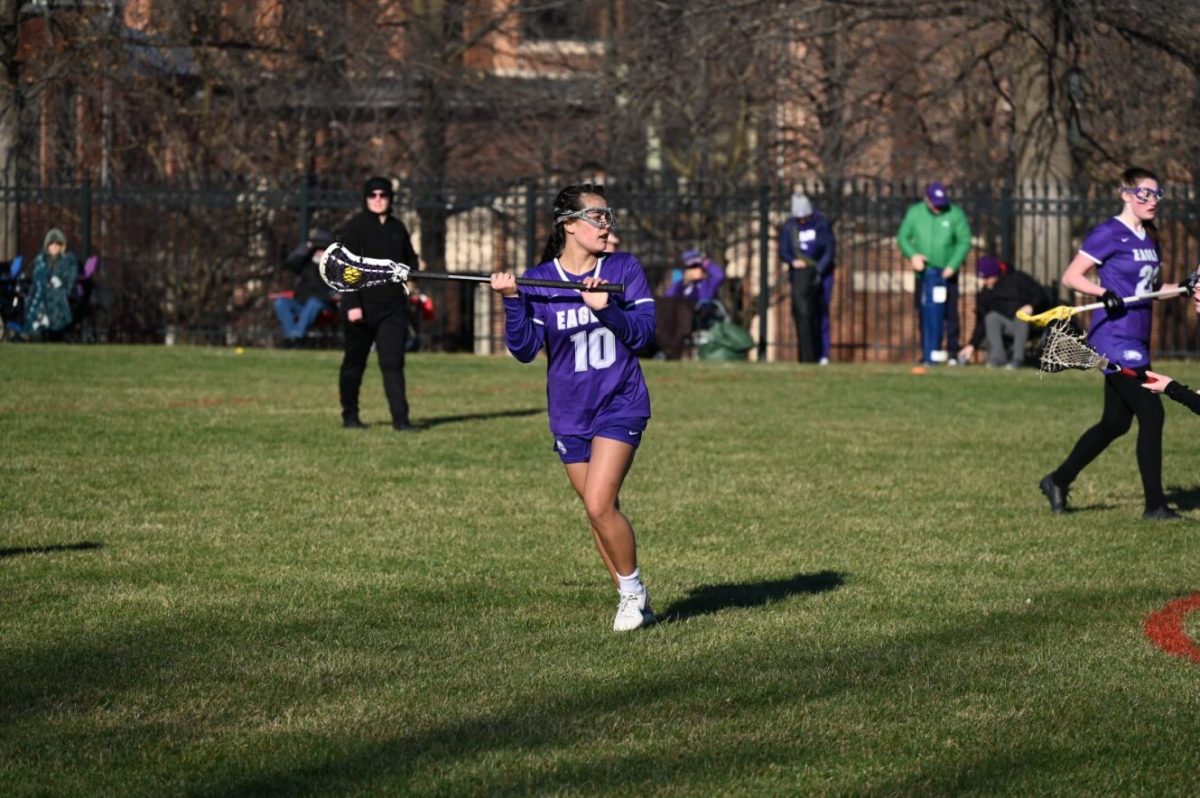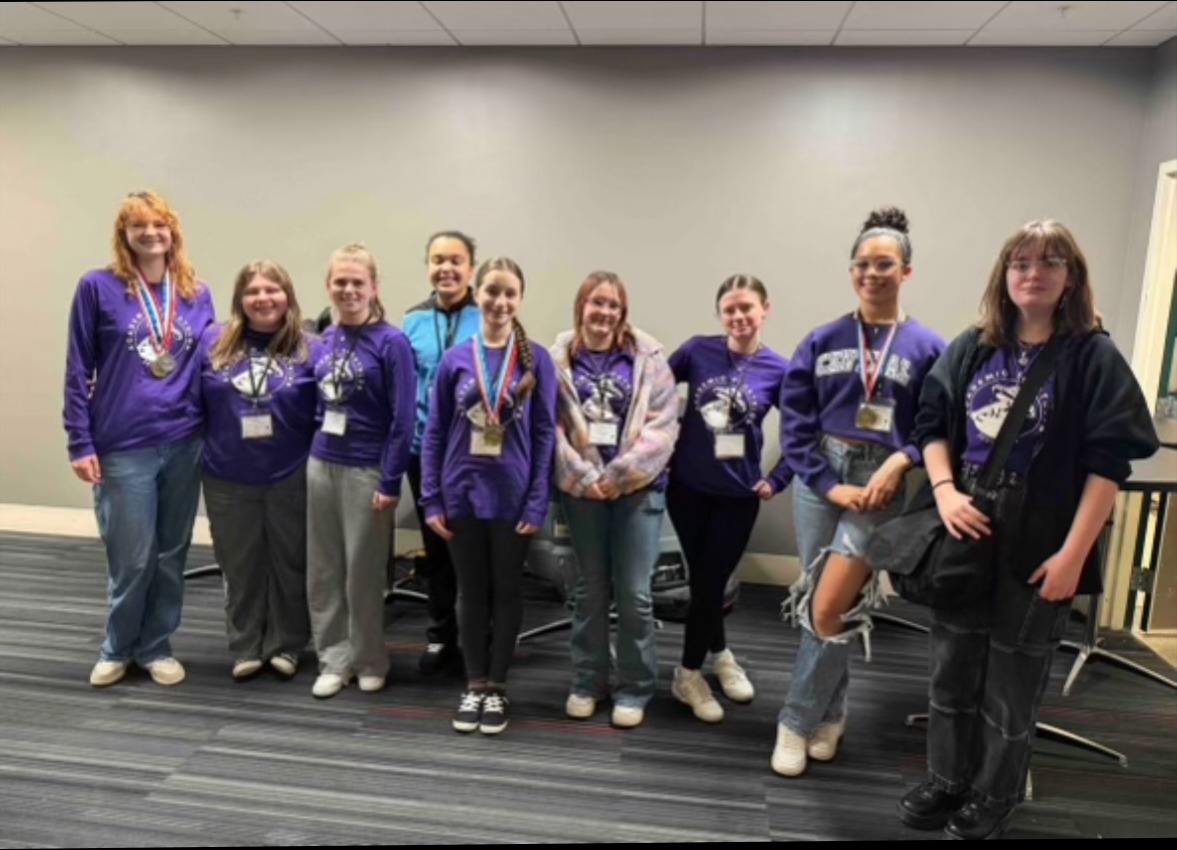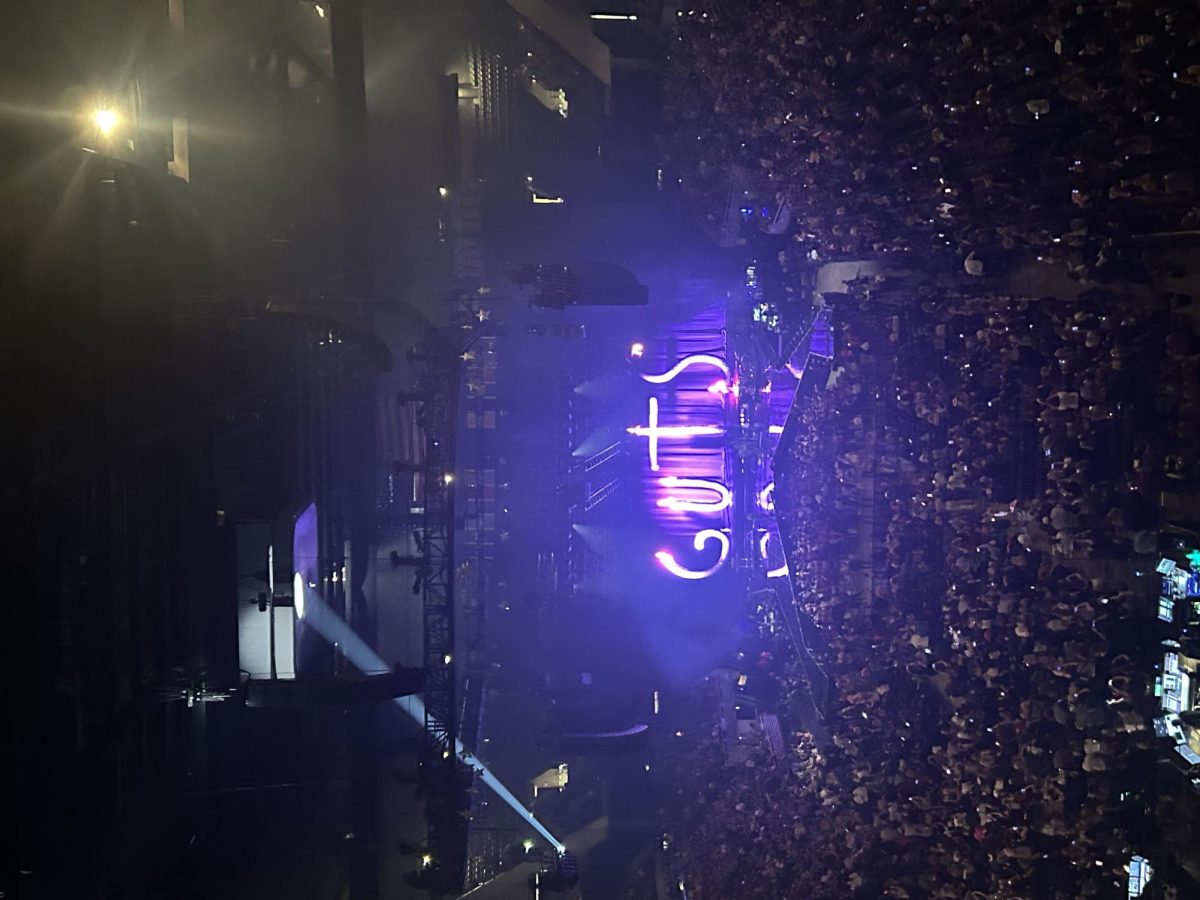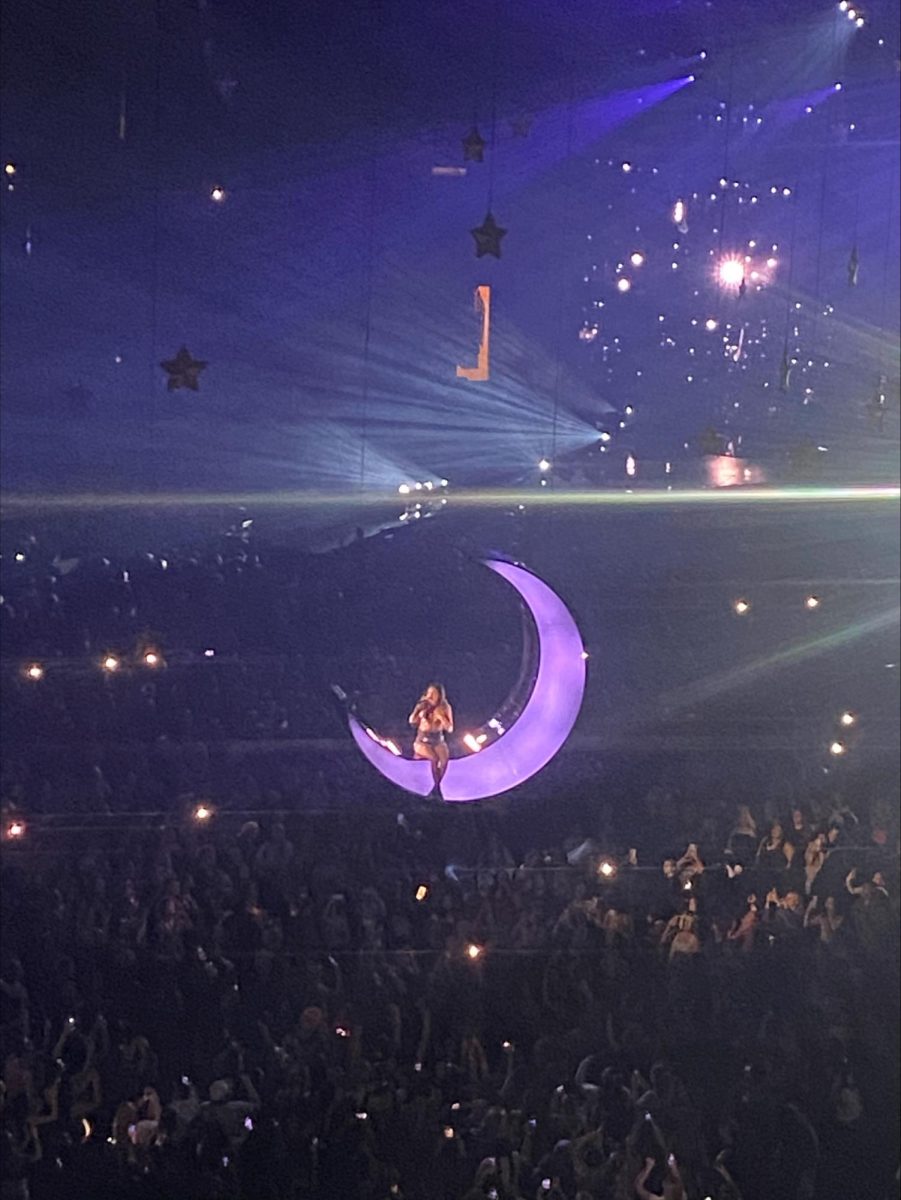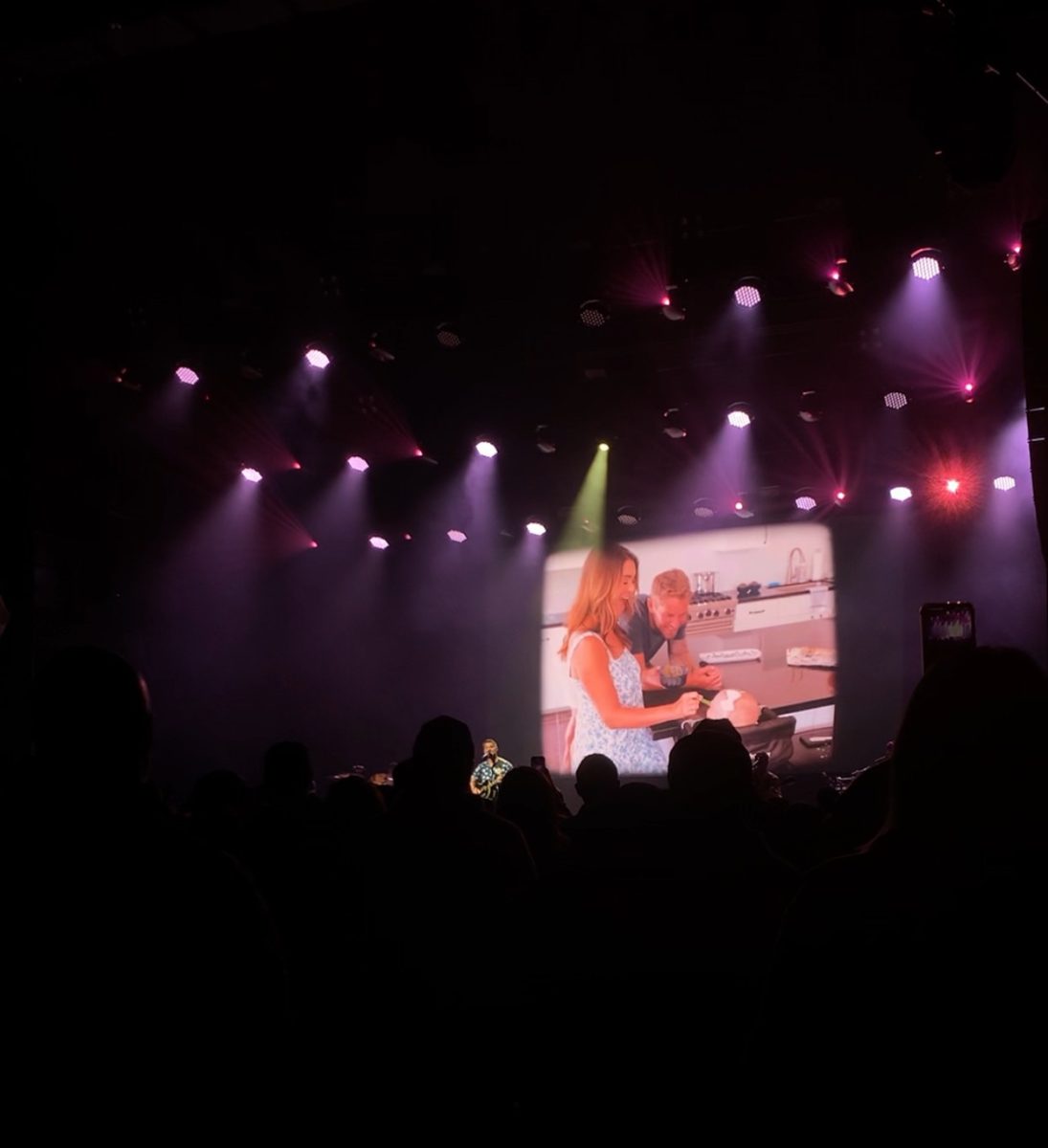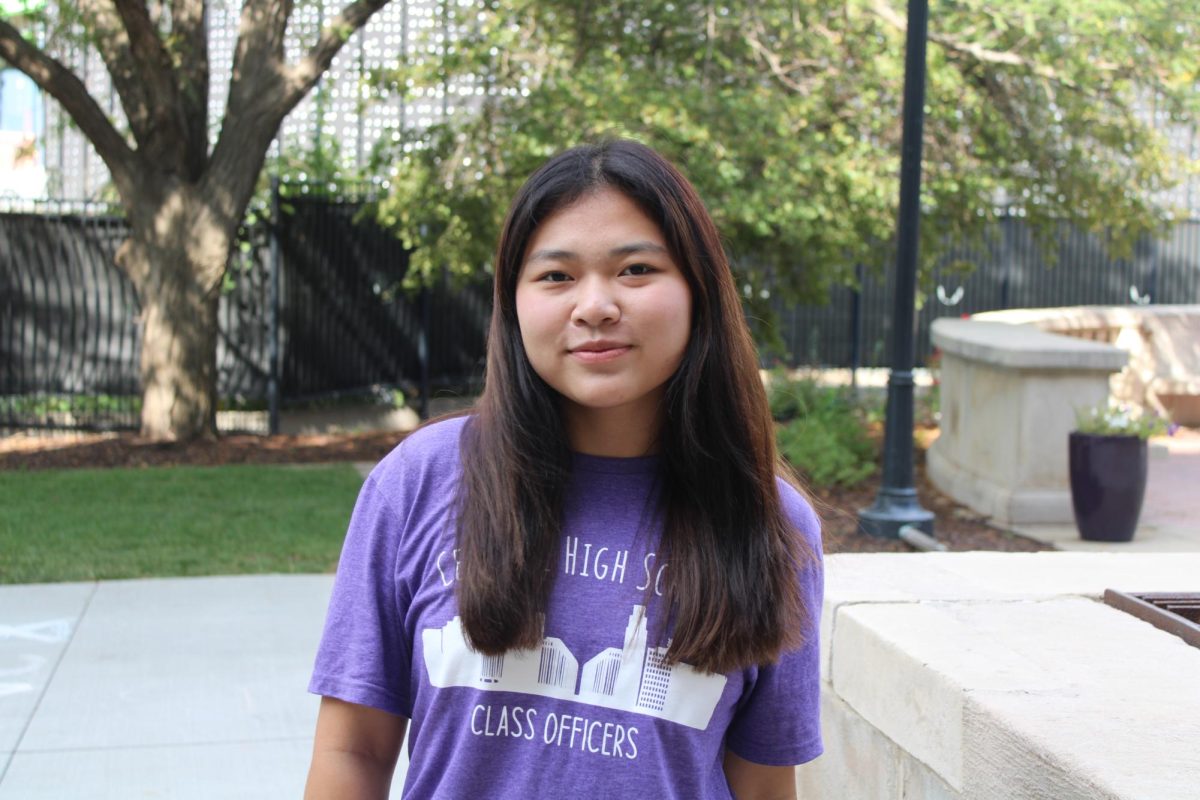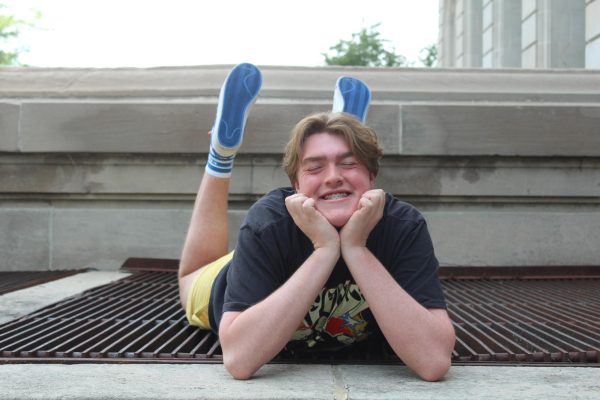With the nation gearing up for the 2024 presidential election, many young people will have the opportunity to vote for the first time. This spring’s high school graduates will get their first non-midterm or special election, and current seniors will get an opportunity to engage with the US government in new ways. In Nebraska, groups are working to put issues like school vouchers, medical marijuana, paid sick leave and abortion on the ballot for the voters to decide. Problems such as climate change and the national debt will continue to affect younger voters long after every current politician is out of office. This is why it is so essential that young people vote in 2024.
For much of the country’s history, bad actors have intentionally tried to hinder the voting rights of young people, especially those coming from marginalized communities. The 26th Amendment was passed in 1971, recognizing 18-, 19- and 20-year-olds as full voting citizens. The 14th Amendment, which gave Black Americans the right to be citizens, did not translate to the right to vote. Polling booths/stations systematically turned Black people away, silencing their voices in the political process. And, of course, women were not granted the right to vote until 1920 with the ratification of the 19th Amendment.
Even today, however, politicians across the country are attempting to make it harder for people to vote.
Vivek Ramaswamy, a candidate seeking the Republican nomination for president, argued for raising the voting age to 25 for anyone who cannot pass a civics test. For Ramaswamy, the youngest candidate in the race for president, a knowledge of civics is important for young Americans to get involved in government. Those who oppose his policy cite that only a minority of American citizens would pass the test that Ramaswamy proposes, wiping out voting rights for most people aged 18-25.
Alabama is also in an ongoing fight with the federal government over gerrymandering; on Sept. 5, a panel of judges struck down Alabama’s second attempt at redistricting, which the judges ruled violated the voting rights of Black Alabamians. Voting rights are being systematically attacked across the country, and it will take the voices of young people to turn this trend around.
Now, more than ever, it is essential that young people are involved civically. Young people need to have their voices heard on the issues that will affect them for generations to come. But this must start with public high schools.
Public high schools have the unique opportunity to foster lifelong civic engagement. James Weinberg, a researcher, wrote in Springer Nature, an academic journal, that “research suggests that civic education may increase young people’s social capital, political knowledge and even political participation.” After a comprehensive study of English civics education, Weinberg suggested that “an open classroom climate that invokes social and political issues in daily learning may drive young people’s expressive and electoral participation and close participatory inequalities.” Through something as simple as relating political issues to subjects in class, students are able to understand politics on a much more intuitive level.
Civic engagement looks different for everyone. I’m someone who has always been interested in politics: I’ve helped students get registered to vote, I’ve worked for political campaigns and I engage with activities that deepen my understanding of policy issues. But something as simple as registering to vote can represent a much larger commitment to staying engaged and informed on political issues. There are many barriers to being registered to vote, but registering to vote fulfills the civic duty that we all have as Americans. We have an obligation to contribute to the republic, and voting is one of many ways to do that.
So, for anyone who will be 18 by Nov. 5, 2024, listen up. The election to come has lots of contentious issues on the ballot that affect young people. Nebraska’s legislature, which banned gender-affirming care and abortion last cycle (a ban that young people opposed), has 25 seats that will be on the ballot. Republican Don Bacon in Nebraska’s 2nd congressional district faces Tony Vargas, a Democratic challenger. Deb Fischer, Nebraska’s Republican Senate incumbent, also has her seat up for reelection. And, of course, President Joe Biden will face off against a Republican candidate in the presidential election. It is never too early to start researching politicians, to understand their issues, to decide whom you will support, or to register to vote.
Now is the time to start shaping the future that you want to see for the United States.

